PUBLICATIONS
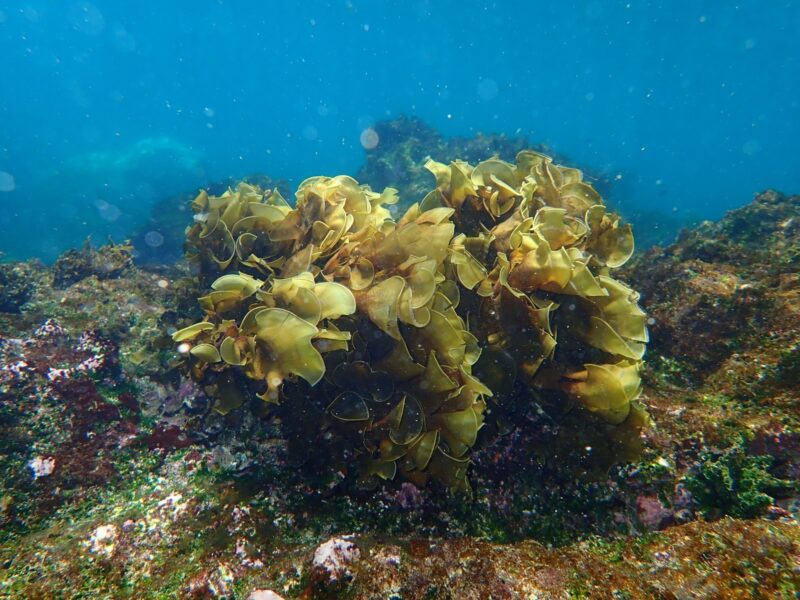
Nutrient enrichment can increase the thermal performance of Galápagos seaweeds
This study, published in Marine Ecology Progress Series, examines how nutrient availability can help marine macroalgae in the Galápagos Islands better adapt to higher temperatures—a challenge they face due to climate change. Macroalgae are essential aquatic plants for marine ecosystems as they provide food and shelter for many species. However, their ability to survive and thrive largely depends on environmental conditions, such as the amount of nutrients in the water.
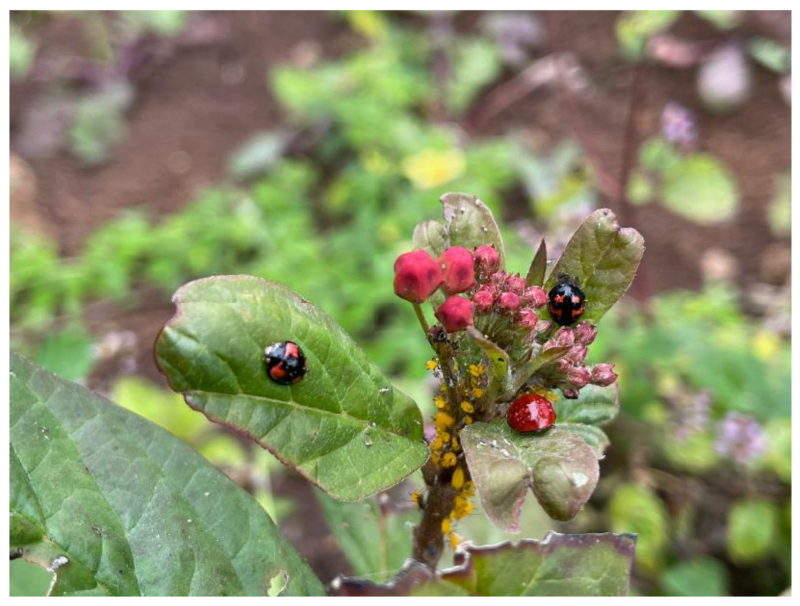
Ladybird Beetle Diversity in Natural and Human-Modified Habitats in the San Cristóbal Island, Galápagos, Ecuador
This study investigates the diversity of ladybird beetles (Coccinellidae) on San Cristóbal Island in the Galápagos Archipelago. Researchers recorded 19 species, including four previously documented (two endemic and two native) and nine potentially native species reported for the first time. Endemic species, such as Psyllobora bisigma and Scymnobius scalesius, were rare and confined to native forests, while native species like Cycloneda sanguinea showed adaptability to various habitats, including urban and agricultural areas.
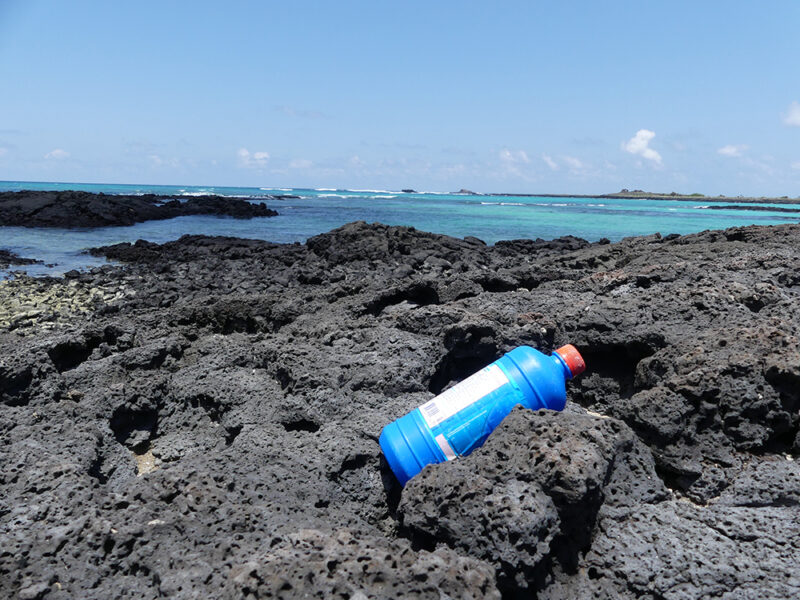
Assessing the chemical landscape of the Galápagos Marine Reserve
The Galápagos Marine Reserve (GMR), famous for its incredible biodiversity, faces growing threats from chemical pollution like plastics, oils, pesticides, and heavy metals. The unique location of the Galápagos, where major ocean currents meet under intense sunlight, allows pollutants to flow in and spread.
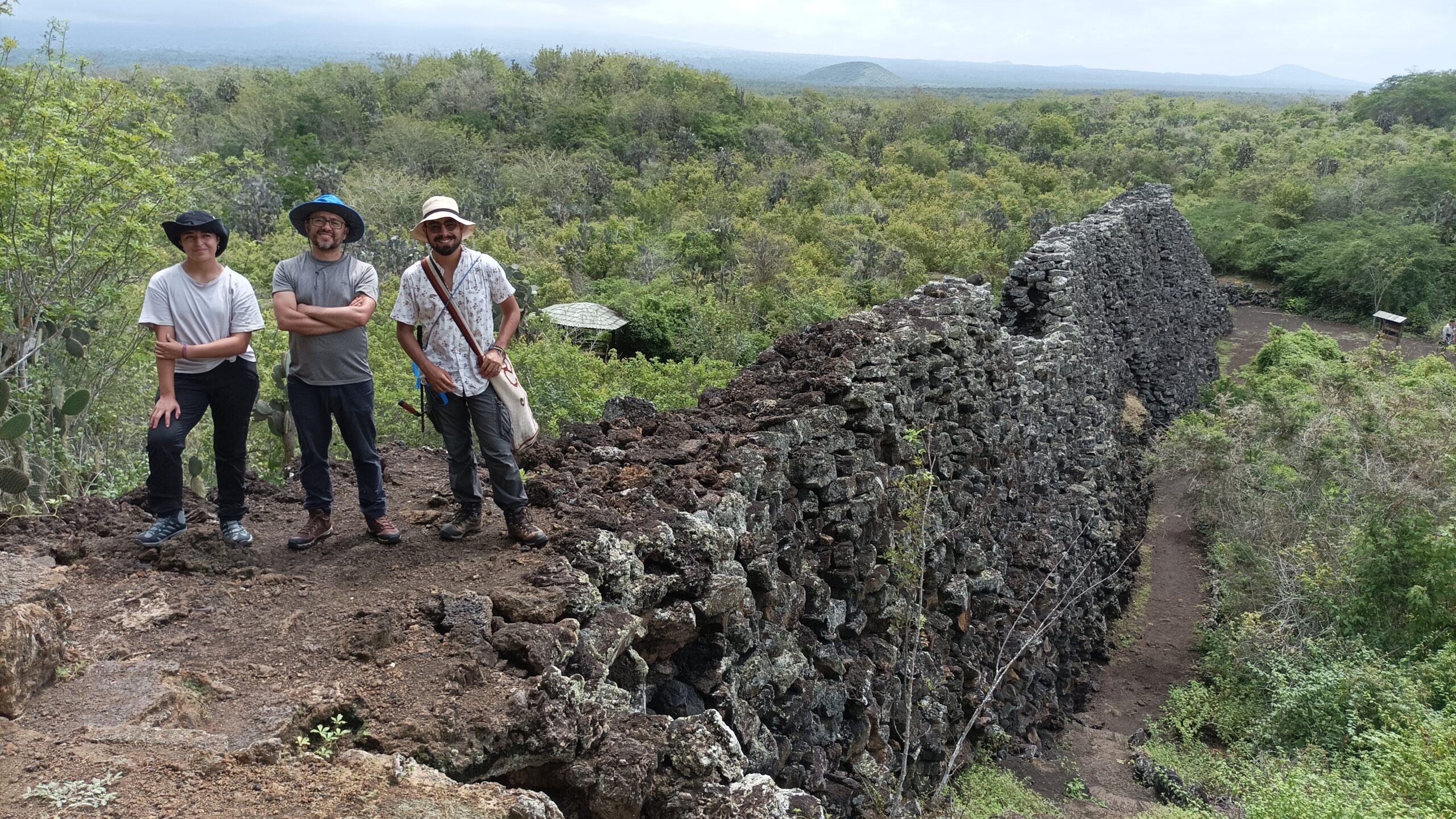
From Prison Islands to Island Paradises: Are Violent Histories Being Overwritten with Nature-Based Tourism Imaginaries?
This article explores the transformation of former prison islands in Latin America—specifically Isabela (Galápagos), Coiba (Panama), and Gorgona (Colombia)—into nature-based ecotourism destinations. Originally used for exiling criminals, political prisoners, and other marginalized individuals, these isolated islands were chosen for their remote locations and difficult conditions, which made them suitable sites for confinement. However, as these prisons closed, new conservation and ecotourism initiatives developed, focusing on the islands’ natural beauty and biodiversity.

Small Business, Big Impact: The Role of SMEs in Galápagos Conservation
This article explores the fundamental role that small and medium-sized enterprises (SMEs) play in environmental conservation in the Galapagos Islands, a UNESCO World Heritage site.
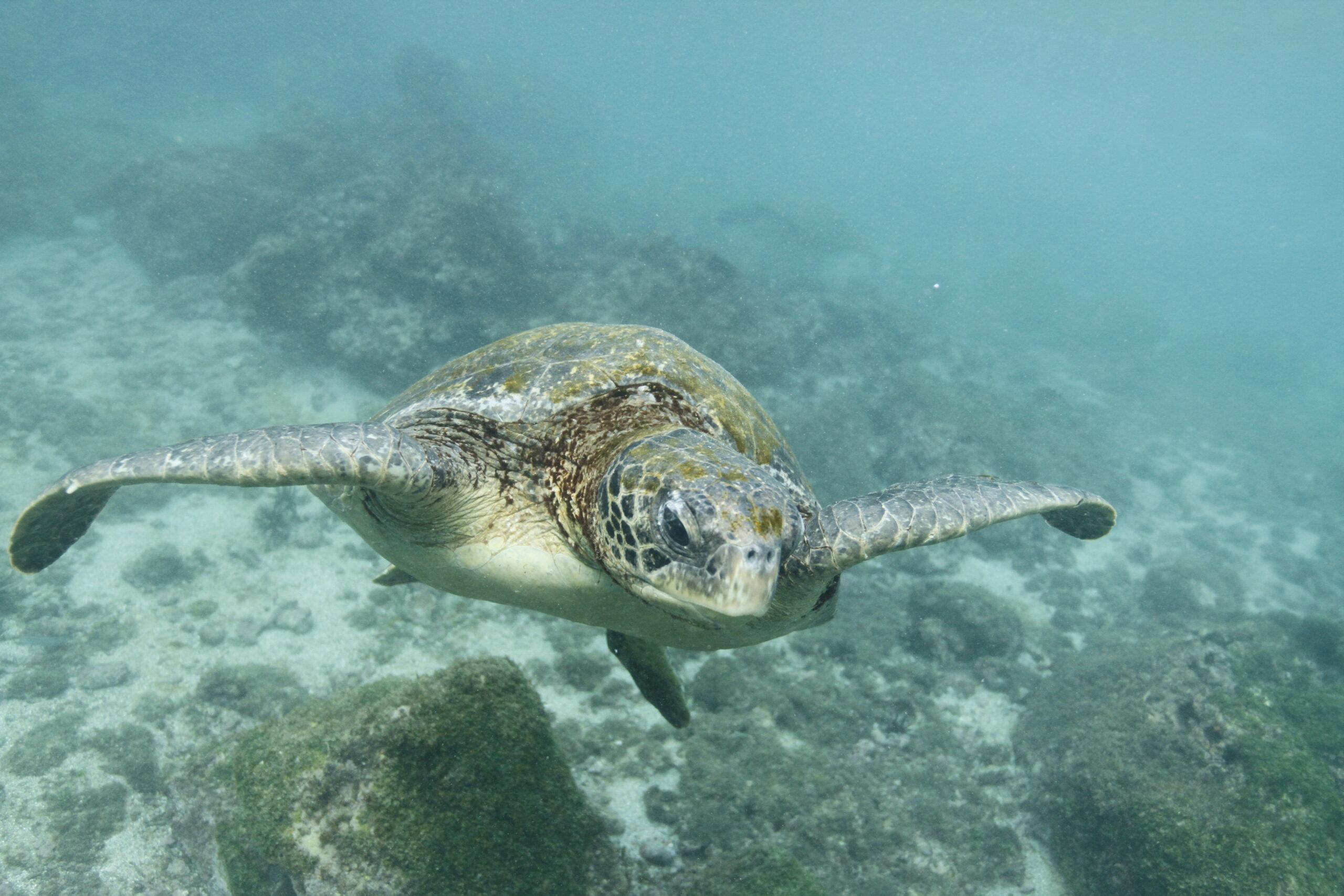
Multidecadal underwater surveys reveal declines in marine turtles in the eastern tropical pacific
A recent study has revealed an alarming decline in marine turtle populations in the Eastern Tropical Pacific. This research, based on over 35,000 dives conducted at Cocos Island, Costa Rica, over a period of 26 years, provides deep insights into the vulnerability of turtles to environmental pressures and predators.
Contact
-
Alsacio Northia Avenue, in front of Playa Mann,
Puerto Baquerizo Moreno, Galapagos - Ecuador - (+593) 2 297 1700 ext. 1857
- info@galapagos.lol


